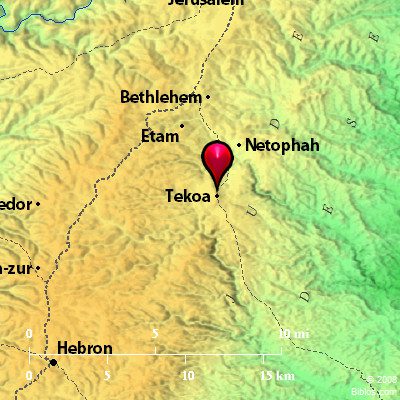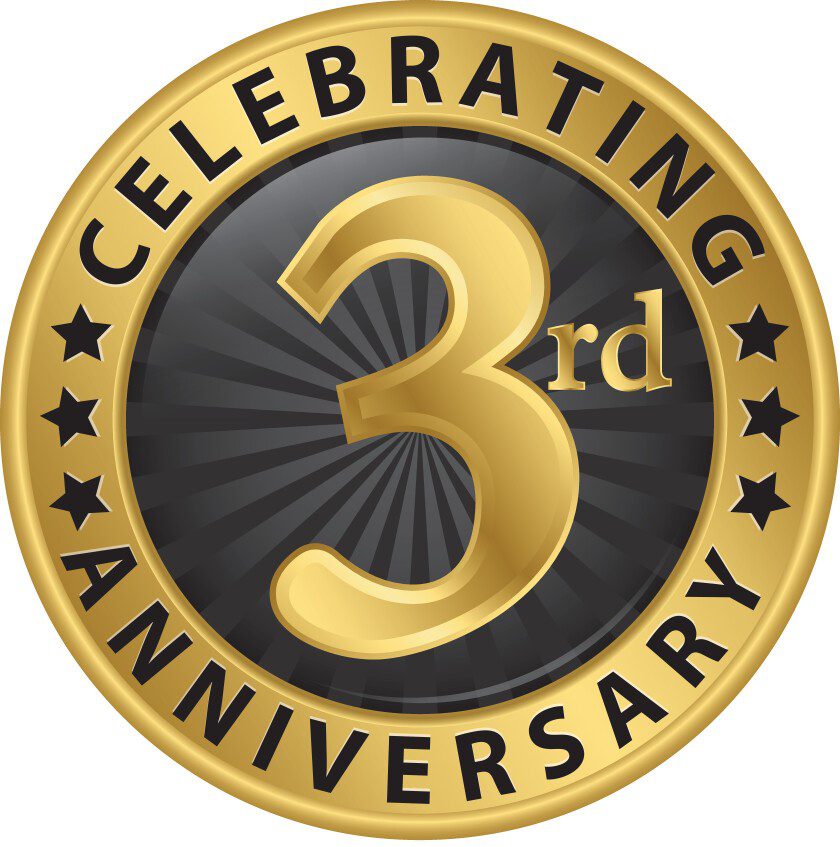2 Samuel 14
Dramatically, the woman of Tekoa fell facedown before King David to plead the case for her son. Even she was surprised by her ability to perform fearlessly before royalty.
Yes, it was all an act, but she had been instructed by Joab to make it seem real. Joab, the commander of David’s armies, wanted the king to reconcile with his estranged son Absalom. He sent for the wise woman of Tekoa and coached her on what to say. To move David to act, Joab knew the king needed an object lesson.
Joab knew the king well. Afterall, he was one of David’s nephews, the son of the king’s sister Zeruiah.

The woman of Tekoa got David’s full attention, tearfully sharing about the loss of her husband years earlier, and how that mourning was compounded by the murder of one son. Her pain was unbearable especially since the surviving son is being sought for the murder. The woman pleaded for the king’s protection for the living son.
Showing compassion, David agreed.
“Go home, and I will issue an order in your behalf,” the king said to the woman (2 Samuel 14: 9, NIV)
But the woman from Tekoa persisted saying, “Let my lord the king pardon me and my family and let the king and his throne be without guilt.”
“If anyone says anything to you,” David replied, “bring them to me, and they will not bother you again.”
She added, “Then let the king invoke the Lord his God to prevent the avenger of blood from adding to the destruction, so that my son will not be destroyed.”
“As surely as the Lord lives,” the king stressed, “not one hair of your son’s head will fall to the ground.”
David was clearly on her side, so the woman of Tekoa carefully and skillfully turned the conversation to her true purpose – the one Joab had trained her to seek.
“Let your servant speak a word to my lord the king,” she asked David.
“Speak,” the king replied.
The woman of Tekoa cleverly and courageously reminded David that his own situation is almost identical to hers. Her strength to speak truth before the king, unintimidated by the royal court setting, apparently came from a commitment to doing the right thing at all costs.
Joab had shared with her how King David banned his son Absalom from Jerusalem because he killed his half-brother Amnon who had raped his sister Tamar. The three had the same father, King David, but Amnon had a different mother. Absalom took revenge on Amnon for ruining Tamar’s life and then fled (2 Samuel 13: 10-39).
The woman asked David how he could insist three times on protecting her son for allegedly killing his brother. “When the king says this, does he not convict himself, for the king has not brought back his banished son? Like water spilled on the ground, which cannot be recovered, so we must die. But that is not what God desires; rather, he devises ways so that a banished person does not remain banished from him,” she said in verses 13 and 14.
David painfully understood his dilemma. Absalom took matters into his own hands because the king, although furious about the sexual assault, failed to seek justice for his daughter. (2 Samuel 13:21) After the rape, Absalom cared for Tamar in his own home and would not speak to Amnon. Two years later, Absalom commanded his servants to murder Amnon in revenge, and then he fled to the Kingdom of Geshur.
In paralleling the two cases in verses 16 and 17, the woman of Tekoa said: “Perhaps the king will agree to deliver his servant from the hand of the man who is trying to cut off both me and my son from God’s inheritance.’
“And now your servant says, ‘May the word of my lord the king secure my inheritance, for my lord the king is like an angel of God in discerning good and evil. May the Lord your God be with you.’”
David suspected a connection between the woman of Tekoa and Joab. People from Tekoa were all considered smart because the city south of Jerusalem, on the border of the Judean Desert close to Bethlehem was renowned for its olive oil. In Torah, olive oil represents wisdom.
Although Joab had explained David’s situation to the woman of Tekoa, he obviously trusted her strength as a diplomat and the depth of her instinct, self-possession, and intelligence to successfully complete the assignment.
Without hesitation, David asked the woman, “Isn’t the hand of Joab with you in all this?”
The woman answered in verses 19 and 20, “As surely as you live, my lord the king, no one can turn to the right or to the left from anything my lord the king says. Yes, it was your servant Joab who instructed me to do this and who put all these words into the mouth of your servant. Your servant Joab did this to change the present situation. My lord has wisdom like that of an angel of God—he knows everything that happens in the land.”
David eventually agreed with Joab and allowed Absalom to return to his family in Jerusalem. But it was two complete years before David would agree to meet with Absalom.
The wise woman from Tekoa set in motion the homecoming of Absalom, a courageous act that places her among the 23 truly upright and righteous women who came out of Israel.
Sources:
Biblical People: The Wise Woman from Tekoa. ABibleaday.com
Camp, Claudia V., “Wise Woman of Tekoa: Bible.” Jewish Women’s Archive.
Camp, Claudia V. “The Wise Women of 2 Samuel: A Role Model for Women in Early Israel.” Catholic Biblical Quarterly 43 (1981): 14-29.
Comfort & Elwell, The Complete Book of Who’s Who in the Bible.
Kohn, Rebbetzin Leah. “The Woman of Tekoa: A Proper Use of Personal Talent.” Series: Women in Judaism (https://torah.org/series/women)
Wikipedia. Woman of Tekoa.


